
 SSY stands for 'Siddha Samadhi Yoga' (often expanded as ‘Science of Silence Yoga’) where Siddha means ‘something (i.e., knowledge) that is proven or accomplished’, Samadhi means ‘a state in which the intellect is equanimous’ and Yoga means ‘union with one’s...
SSY stands for 'Siddha Samadhi Yoga' (often expanded as ‘Science of Silence Yoga’) where Siddha means ‘something (i.e., knowledge) that is proven or accomplished’, Samadhi means ‘a state in which the intellect is equanimous’ and Yoga means ‘union with one’s...
Read more...
 " To create an enlightened world, where individuals live joyfully together in surrenderfulness."
My life is dedicated to providing this training of the wise men in the science and art of non-doing, of becoming whole by discovering higher and higher levels...
" To create an enlightened world, where individuals live joyfully together in surrenderfulness."
My life is dedicated to providing this training of the wise men in the science and art of non-doing, of becoming whole by discovering higher and higher levels...
Read more...
 We have a great task ahead of us: the commitments we have to our own lives and to the lives of everyone around us. This can only be accomplished not by focusing on the task, but by focusing on ourselves...
We have a great task ahead of us: the commitments we have to our own lives and to the lives of everyone around us. This can only be accomplished not by focusing on the task, but by focusing on ourselves...
Read more...
 Many people go about life depressed, feeling that they have not been given special talents and privileges by the creator at their birth. They do not know that every individual is potentially great and inherently has all the talents. For...
Many people go about life depressed, feeling that they have not been given special talents and privileges by the creator at their birth. They do not know that every individual is potentially great and inherently has all the talents. For...
Read more...

It was in July, 2005 that I heard about SSY classes from my friends. At that point in time I was experiencing symptoms of dullnessThe program was very enlightening. It provided a safe space for sharing and listening. Guriji’s method of teaching is quite provocative ...
Uday Thakur
Sonali Kulkarni and Varun Vadola realize that to win the game, they need to play actively. Both have decided to re-invent themselves by shedding excess fat and baggage... Ashwini Desmukh
Read more...

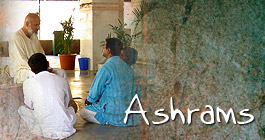
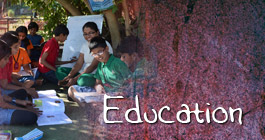
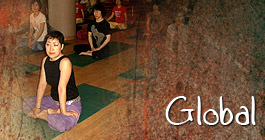
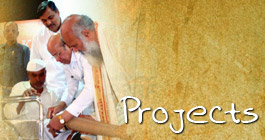
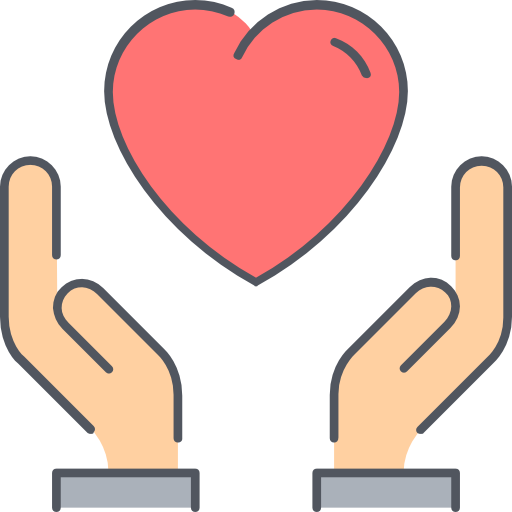
 Most of us know how much Guruji was at ease with things however imperfect they were. In fact, most of the times he would just allow all chaos around him. But there was another dimension to him too.
Most of us know how much Guruji was at ease with things however imperfect they were. In fact, most of the times he would just allow all chaos around him. But there was another dimension to him too.